“We are confident that the graduates that leave us are well placed to enter into highly paid, highly skilled jobs that employers are looking to fill.” – Audrey Cheng
Audrey Cheng, el co-fundador y CEO de la Escuela de Moringa, estaba trabajando para una inversión firma de capital riesgo en fondos locales de tecnología en Kenia cuando se observa una brecha significativa entre las habilidades puestos de trabajo disponibles para los jóvenes y el talento calificado para llenarlos. El desempleo juvenil y la falta de empleo juvenil sigue siendo uno de los mayores desafíos que enfrenta el continente africano. "En 2019, sólo 13% de los graduados de secundaria en Kenia recibieron un lugar en la universidad (Consejo Nacional de Exámenes de Kenia), y en promedio, se necesita 5 años para que un graduado universitario encuentre un trabajo a tiempo completo en Kenia," ella dice. Cheng researched the problem and discovered that training programs available to students were outdated and did not match the competencies employers were seeking. It was at this point that Cheng came up with the concept of “a bootcamp accelerator program.” The Moringa School was born.
Audrey Cheng, co-founder and CEO of Moringa School, was selected as one of the 2016 Forbes 30 Debajo 30 Los empresarios sociales, as Ashoka AMEX Emerging Innovator 2015, and as one of World Economic Forum’s Top Female Innovators in Africa. Ella se une a nosotros en La Búsqueda Global para la Educación.
“We also pride ourselves on intertwining professional development and soft skills within our course so students gain the ability to problem solve and create new ideas which are important to creating holistic professionals.” – Audrey Cheng
Audrey, how does the Moringa School model address the skills gap and unemployment issues in Africa?
Moringa School is a Kenya-based multi-disciplinary workforce development platform committed to providing young Africans with market aligned technical and soft skills they need to excel in their careers through a classroom that simulates a real, working environment. Moringa School’s mission is to transform higher education throughout Africa and enable its graduates to be globally competitive with their peers. With locations in Kenya and Rwanda, the school is known for its education-to-employment model where graduates are linked with leading companies throughout Africa and the world for employment opportunities.
Tell us a little bit about your methodology. What makes your approach unique to other start-ups in this space?
We began Moringa in 2014 by teaching lecture-style lessons with experts from the tech industry but quickly realized that what employers wanted were not just graduates with theoretical knowledge, but also practical knowledge and skills that could be applied in their companies. We are unique by focusing on two pillars: a blended learning model and market relevance. This fills the void of a marketplace need and success reflects in our student and employer partner numbers increasing each year. Our team is made up of experts in their fields, from curriculum developers to start-up tech developers who believe in the mission to transform higher education in emerging markets. Moringa has put more than 500 junior software developers into the market in not just Kenya, but also in Rwanda where we have partnered with the government and the German development agency, GIZ, to train 150 low-income women. We have also created an open-source coding curriculum for secondary schools in Kenya and currently have over 200 students using this.
“I think youth are attracted to our learning framework as it provides skills that can be applied in the corporate world as well as transfer into self-employed work and entrepreneurial activities for those interested in start-ups as they find ways to solve the problems of today by creating technology solutions.” – Audrey Cheng
What do you think attracts your target audience to your learning framework?
Our target audience is youth aged 18-35. Sin embargo, we have had people older than this target group looking to upskill or change careers as they see how technology is changing the face of Africa as well as providing new employment opportunities. I think what attracts people to our courses is our blended learning model which has relevance to the market today. As we work with local employers to develop our curriculum, we are confident that the graduates that leave us are well placed to enter into highly paid, highly skilled jobs that employers are looking to fill. We also pride ourselves on intertwining professional development and soft skills within our courses so students gain the ability to problem solve and create new ideas which are important to creating holistic professionals. I think youths are attracted to our learning framework as it provides skills that can be applied in the corporate world as well as enabling transfer into self-employed work and entrepreneurial activities for those interested in start-ups as they find ways to solve the problems of today by creating technology solutions.
How would you describe your greatest achievements so far, and what are the biggest challenges you’ve faced?
I feel my greatest achievement so far is the number of lives we have impacted. Desde 2014, we have graduated over 400 students from our full time 20-week Moringa Program at our campuses in Kenya and Rwanda. The feeling of seeing a young, single mother gaining employment to be able to support her family is like no other. The greatest challenges have been around scaling up our business. From scaling staff members to acquiring new space to hosting our increasing student numbers, this challenge will continue as we scale into new countries. We hope to overcome these challenges by working with partners in new countries to be able to understand the market and transform the level of talent available, which will ultimately attract new students and staff to help transform the economies and livelihoods of all.
The greatest challenges have been around scaling up our business.” – Audrey Cheng
Looking ahead – where do you see Moringa School 5 o 10 año a partir de ahora?
I have always wanted to create a solution that generates a huge impact in the world, and so I am passionate about scaling the Moringa model across the African continent. With this is mind, we have our Big Hairy Audacious Goal (BHAG) to train 200,000 future knowledge workers through market-driven education in emerging markets by 2030 at the latest. This involves our creating new courses that serve the current and future markets. This year we will be launching Data Science and then a new course every year from now on, driven by careful market research. This will help us to build the largest and highest quality skills provider in emerging markets and reach our ambitious target.
C. M. Rubin and Audrey Cheng
Gracias a nuestra 800 más contribuyentes globales, profesores, empresarios, investigadores, líderes empresariales, estudiantes y líderes de opinión de cada dominio para compartir sus puntos de vista sobre el futuro del aprendizaje con La Búsqueda Global para la Educación cada mes.
C. M. Rubin (Cathy) es el fundador de CMRubinWorld, una compañía de publicación en línea se centró en el futuro del aprendizaje global y el co-fundador de Planet Aula. Es autora de tres libros más vendidos y dos series en línea leído. Rubin recibió 3 Premios Upton Sinclair para “La Búsqueda Global para la Educación”. La serie que aboga para todos los estudiantes se lanzó en 2010 y reúne a distinguidos líderes de opinión de todo el mundo para explorar las cuestiones clave de la educación que enfrentan las naciones.
Siga C. M. Rubin en Twitter: www.twitter.com/@cmrubinworld

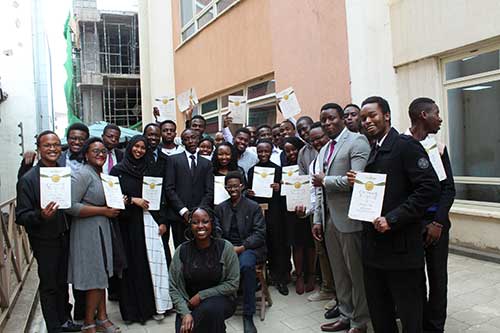
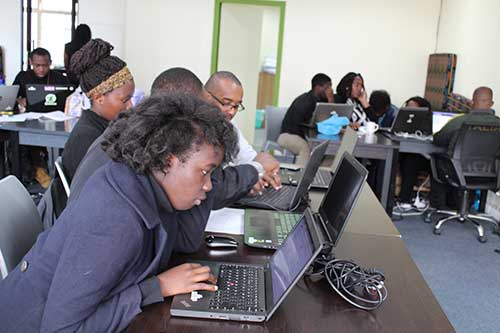
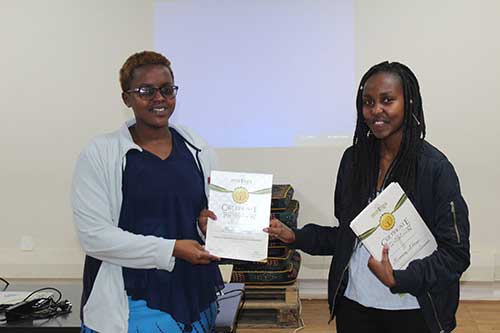
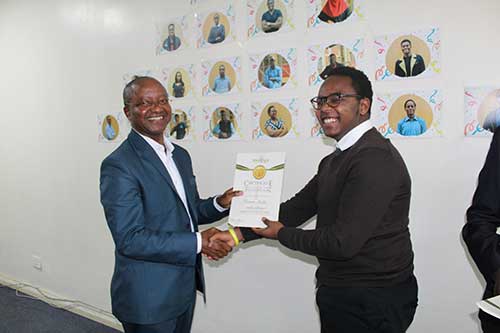
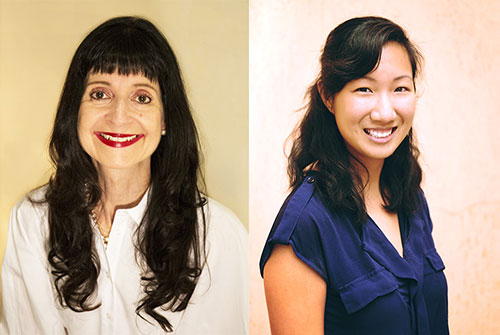

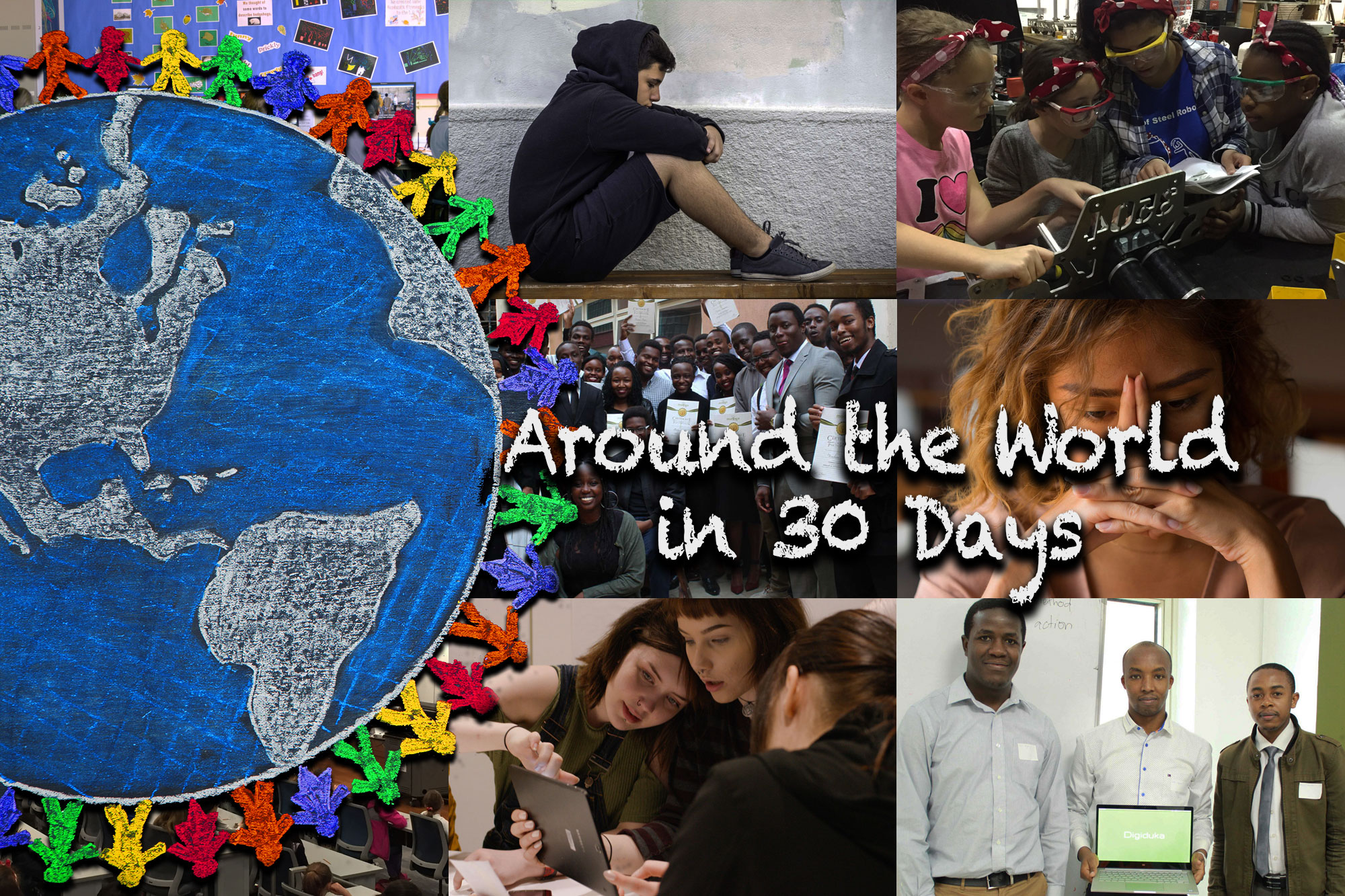
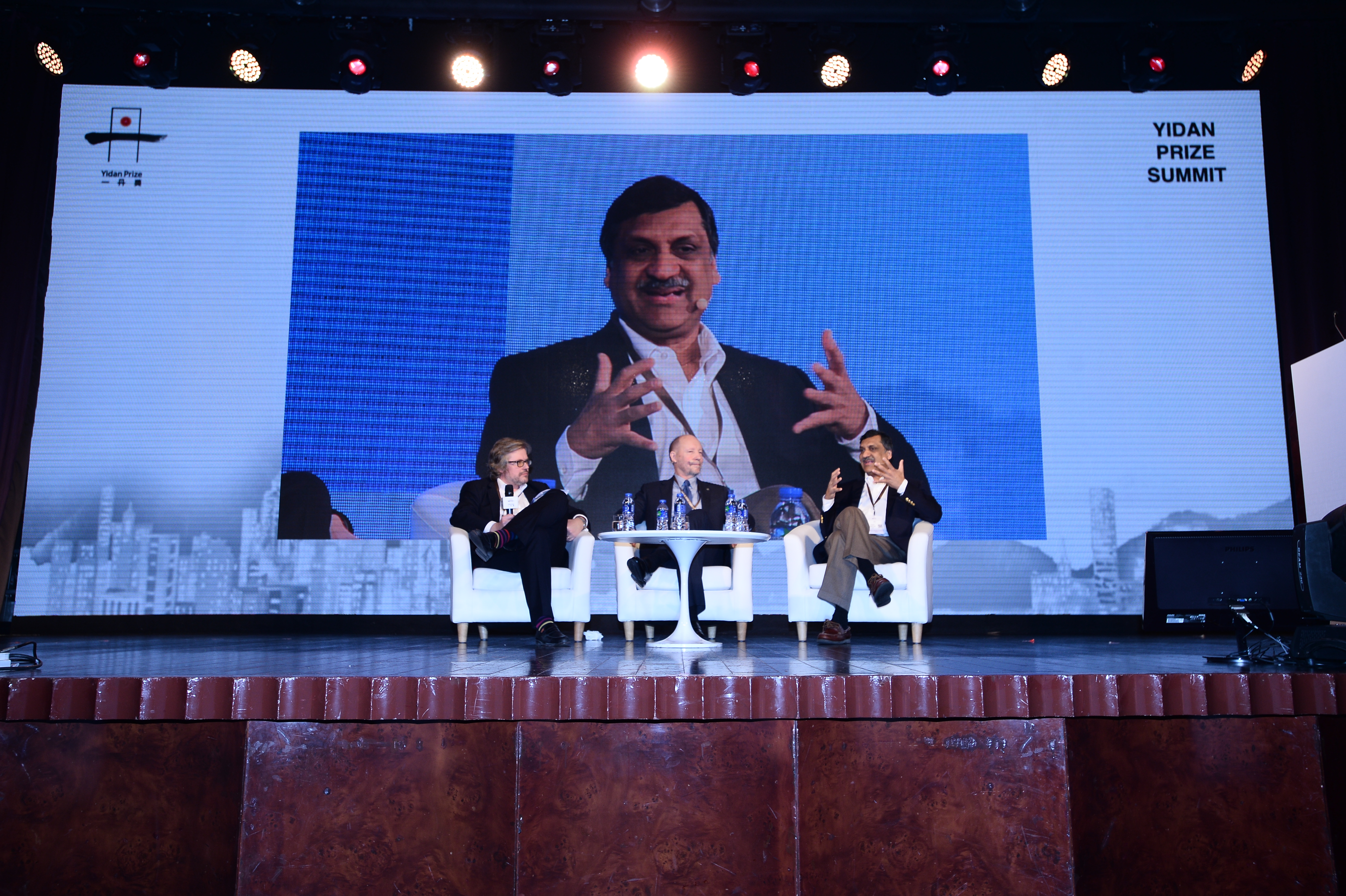
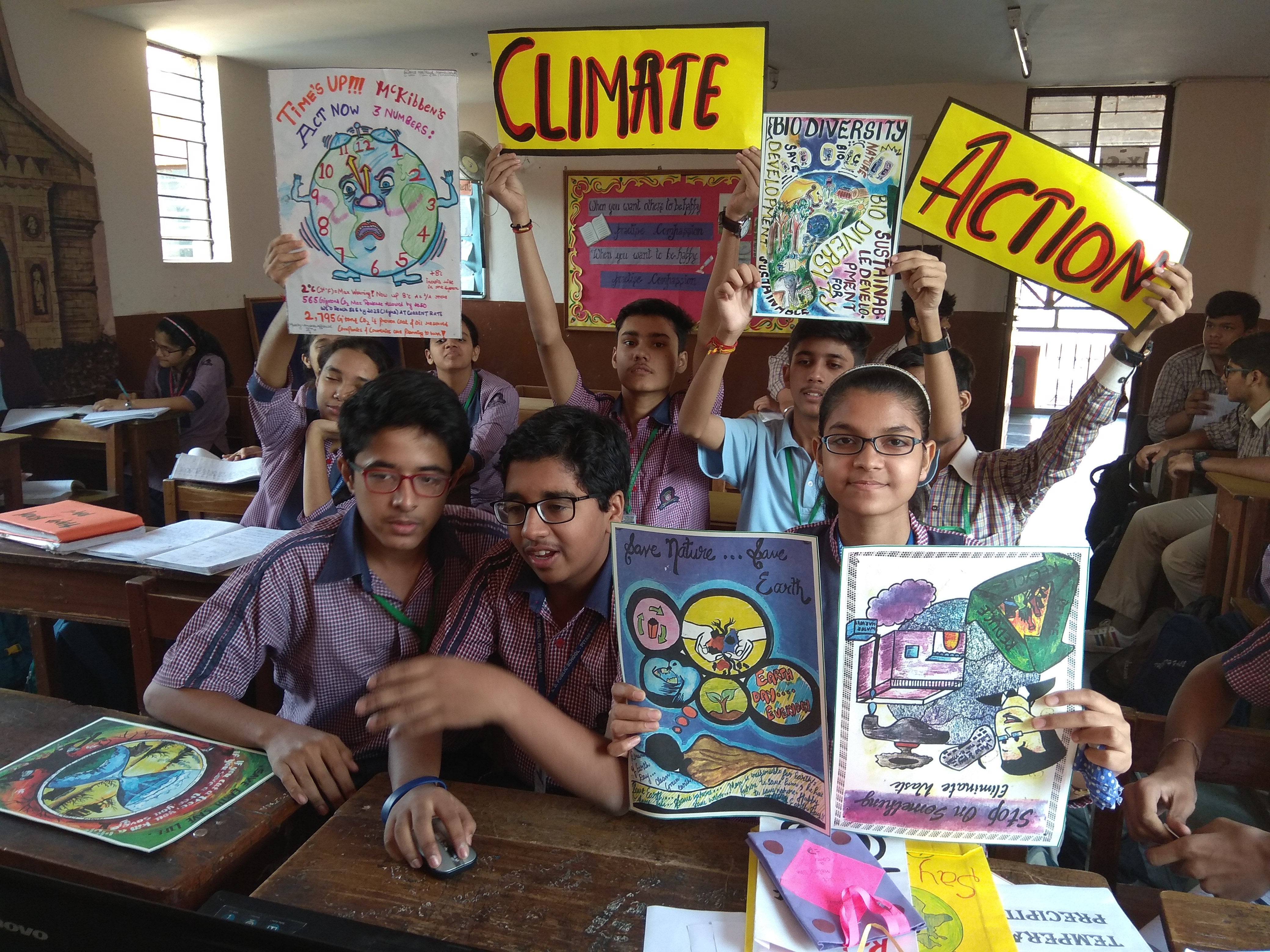
Comentarios recientes